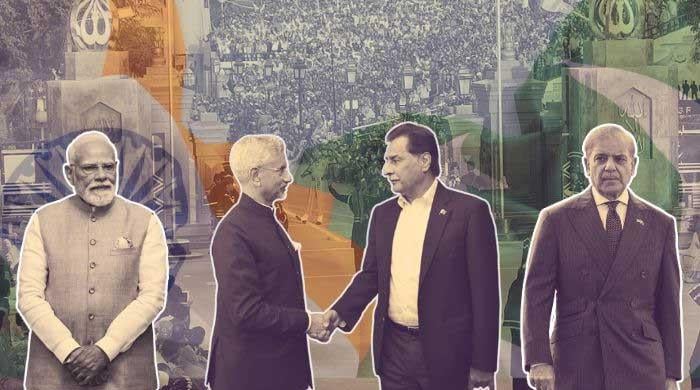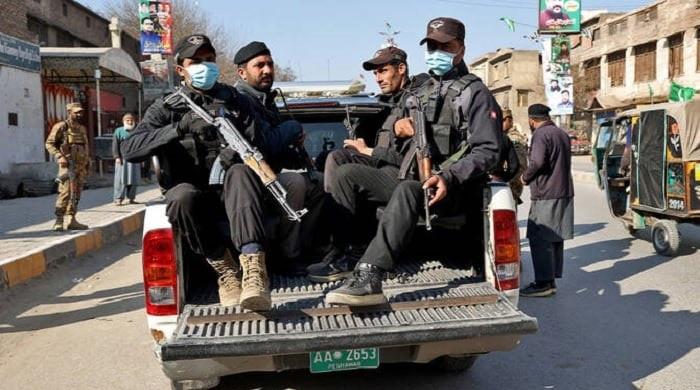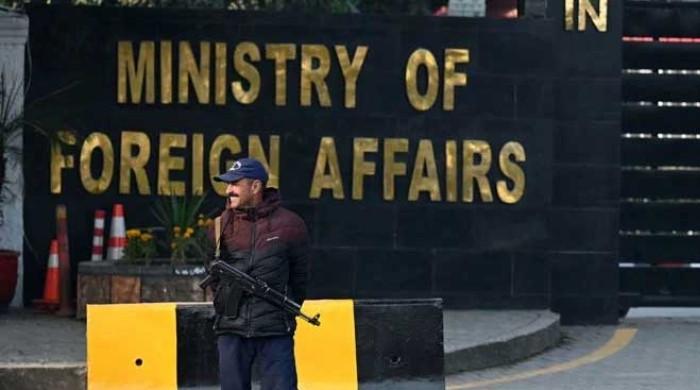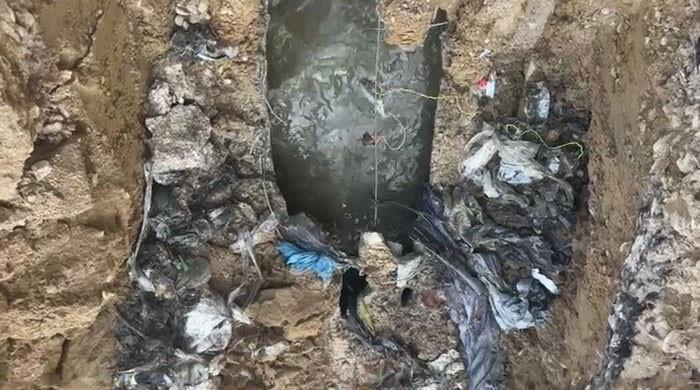General amnesty for MQM militants may be an option
By Ansar Abbasi
ISLAMABAD: Any noteworthy success of the Mustafa Kamal factor in Karachi politics may lead to the announcement of a general amnesty by the government for militant wings of...
March 13, 2016
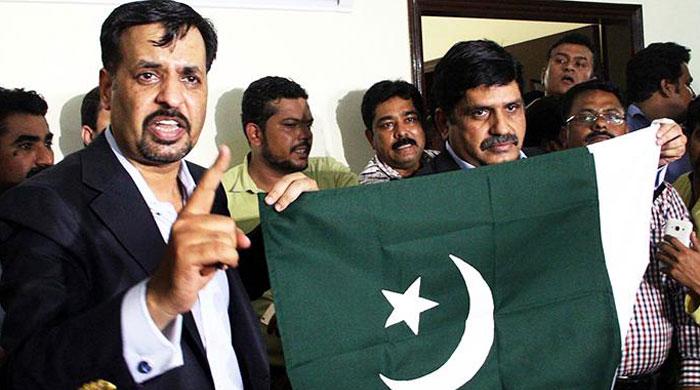
By Ansar Abbasi
ISLAMABAD: Any noteworthy success of the Mustafa Kamal factor in Karachi politics may lead to the announcement of a general amnesty by the government for militant wings of political parties for sustainable peace and violence-free politics.
Although generally ignored by the media, Mustafa Kamal’s political agenda includes a demand for general amnesty for political workers. Kamal, who is believed to have returned to Karachi with the latent blessings of certain forces, is pursuing the agenda of violence-free politics.
While addressing his first press conference after reaching Pakistan, Kamal had said that the state should realize that an ordinary MQM worker had indulged in criminal activities not for his own personal interests but on the direction of his party leadership.
He had said the MQM’s workers were misused by the party leadership and thus it was the duty of the state to look into the root cause of the problem and find why ordinary Karachi youngsters had indulged in bloodshed. “Who brainwashed them and who was ordering them to do the killing is the basic question,” Mustafa Kamal had said, adding that we would have to move forward by forgetting the past. He added that Karachi youngsters used by the MQM’s top leadership should be forgiven.
Anees Qaimkhani in a later talk to the media also pressed for the announcement of a general amnesty. Anees Qaimkhani reportedly remained very close to Altaf Hussain and had been allegedly passing on the orders of Altaf to killers in the past.
Qaimkhani’s alleged criminal role is said to be reflected in the security agencies’ files but he has not been touched after his re-emergence in Karachi politics as a close associate of Mustafa Kamal.
With many believing that the return of Mustafa Kamal has the backing of the establishment, however, unlike the past the agenda now the attainment of durable peace in Karachi. While the MQM or any other political party in Karachi will not be permitted or given any space to continue pursuing crime and violence, Mustafa Kamal’s faction is also said to be focusing on denting Altaf Hussain through peaceful means.
Mustafa Kamal’s demand for general amnesty if responded to positively by the state, is expected to encourage large number of MQM workers, who have been involved in militancy, to shun violent politics and join the Kamal group. It is said that Mustafa Kamal, who has never been associated with MQM’s militant wing, will ensure that his faction or party will not indulge in any criminal activity.
Last year the Balochistan Government had extended a general amnesty for all militants, provided they lay down their arms. At the same time, the resolve was reiterated to continue the operation against those who chose not to surrender. A similar policy could be adopted for Karachi, though well placed federal government sources deny that any such option is under consideration right now.
In the case of Balochistan, it was the apex committee which had decided to offer amnesty in order to facilitate youngsters in renouncing violence and laying down their arms. As many as 400 Baloch insurgents had laid down arms and renounced violence on the previous Independence Day.
A similar amnesty was offered to the Taliban before the military operation in Swat. The then KP government announced a general amnesty for the militants wishing to give up militancy and avoid challenging the writ of the government.
Similarly, a key faction of the proscribed Tehreek-e-Taliban Pakistan (TTP) had announced the cessation of violent attacks in Pakistan, in the best interests of both ‘Islam and the nation’. This announcement, it is believed, was the follow up of the security agencies understanding.
Former Governor KP Sardar Mehtab Khan Abbasi had also said in 2014, on the occasion of his oath taking, that there was no harm in granting amnesty to militants if they submit to the Constitution.
It is believed that in most of the cases people involved in militancy become hostage to the situation and their families were facing severe hardship. Many of them might be fed up with the situation, but were not able to find a way out. A general amnesty is considered the best option to allow such persons to return to normal life and submit to the writ of the state.
Interestingly in September last year, the MQM Rabita Committee in a policy statement had also appealed to the ‘establishment’ to forget the bitter experiences of the past and grant ‘Mohajirs’ clemency like the way a general amnesty was announced for ‘the estranged Baloch’ people.
“The way a general amnesty was announced for the estranged Baloch, the establishment should also heal the wounds of Mohajirs, forgetting the bitter past,” the Rabita Committee had said in the statement.
The committee, referring to media reports about some activists who had gone to India following the 1992 operation and confessed to having received training from there, said they went on their own and this cannot be declared party policy.—Originally published in The News




